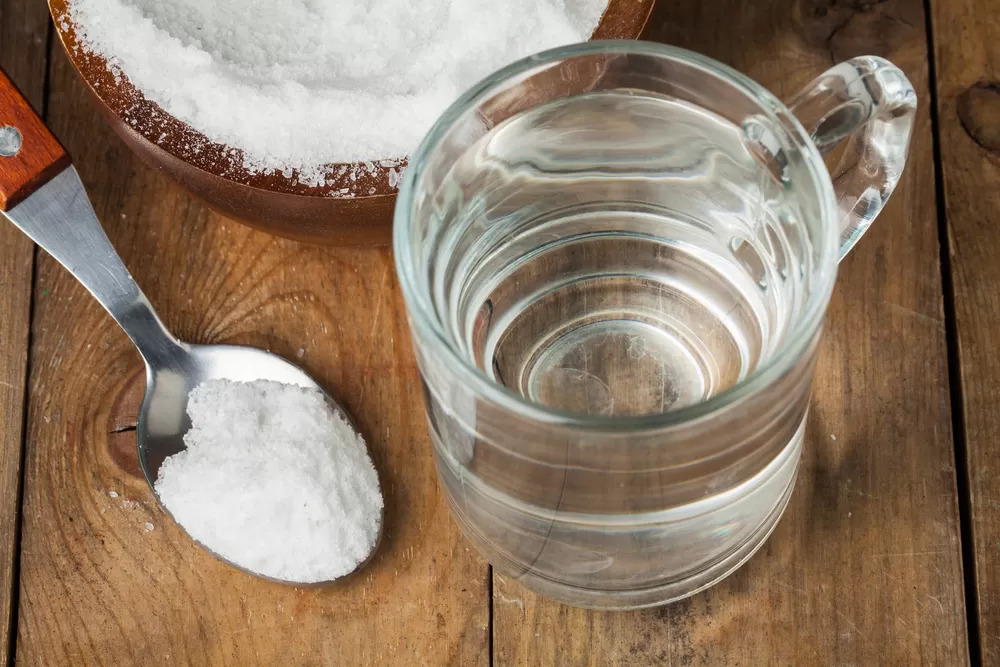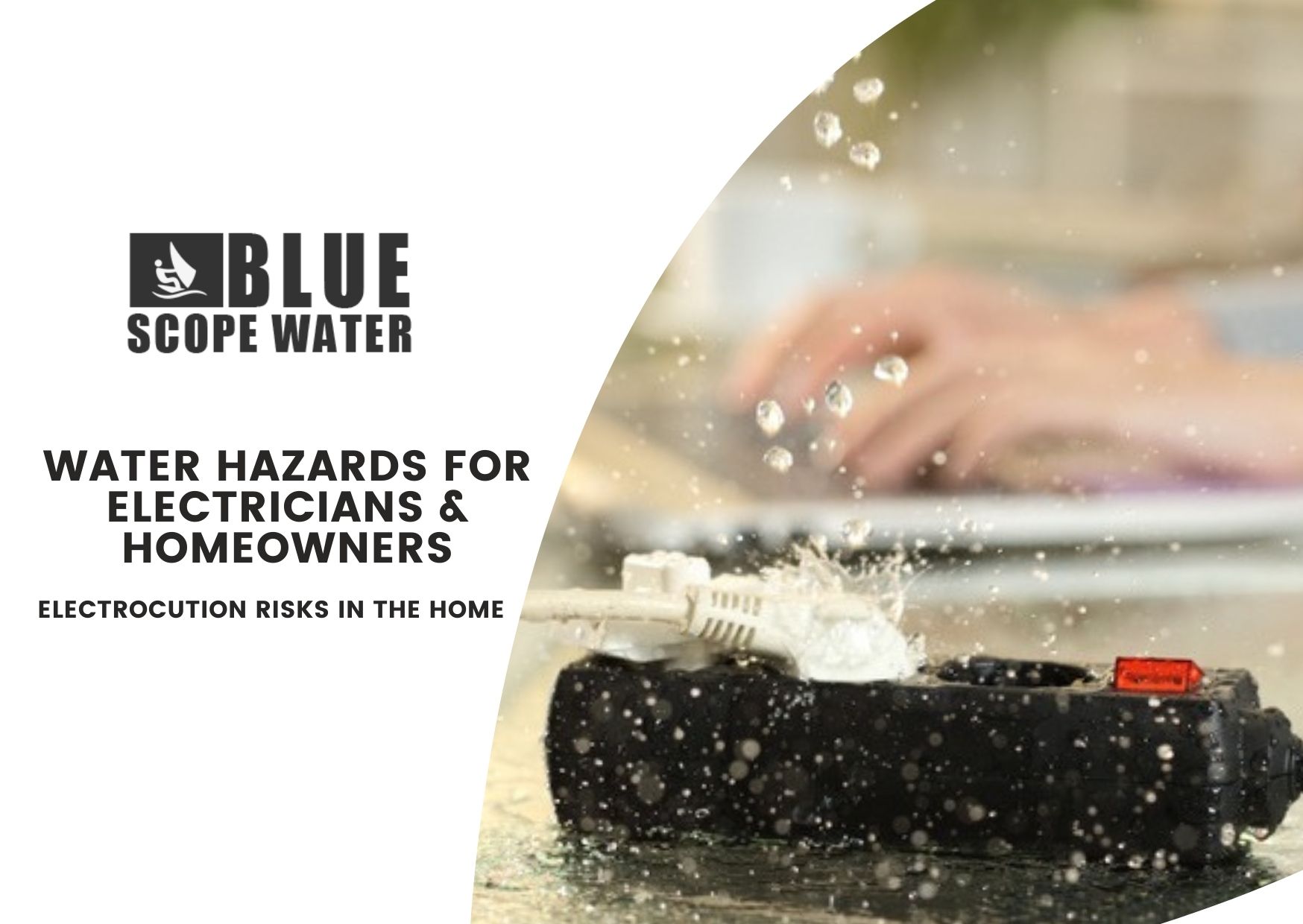It’s a commonly known fact that good oral hygiene is essential for maintaining healthy teeth and gums. But did you know that saltwater rinse can be beneficial for your oral health? It’s true! Saltwater helps to reduce bacteria in the mouth, restore balance to the pH levels in your mouth, and help remove plaque buildup. In this article, we will explore how saltwater rinse can improve your oral health and why it should be incorporated into your daily routine.
What is a saltwater rinse?
If you’re like most people, you probably don’t give much thought to the water you use to rinse your mouth. But did you know that the type of water you use can actually have an impact on your oral health?
Saltwater is a natural disinfectant and can help to remove bacteria from your mouth. It’s also effective in reducing inflammation and can help to speed up the healing process if you have any cuts or sores in your mouth.
To make a saltwater rinse, simply add a teaspoon of salt to a cup of warm water and stir until the salt is dissolved. swish the solution around in your mouth for 30 seconds to 1 minute before spitting it out.
There are many benefits of using saltwater for oral health. It’s a natural way to clean your teeth and gums, and it can also help to reduce pain and inflammation. If you have any cuts or sores in your mouth, saltwater can also help to speed up the healing process.
How does it work?
When it comes to oral health, saltwater rinses are a popular home remedy. They’re simple to make and can be used to treat a number of issues, including gum disease, tooth decay, and bad breath.
Saltwater rinses work by helping to remove plaque and bacteria from the teeth and gums. The salt in the water acts as an abrasive, scrubbing away at the build-up on the teeth. The water also helps to flush out the mouth, getting rid of any lingering bacteria.
To use a saltwater rinse, simply mix together some warm water and salt – about ½ teaspoon of salt for every cup of water. Swish the mixture around in your mouth for about 30 seconds before spitting it out. Repeat this process two or three times per day for best results.
While saltwater rinses are safe for most people to use, there are a few exceptions. If you have cuts or sores in your mouth, the salt water can irritate them and make them worse. If you have high blood pressure or are on a low-sodium diet, you should check with your doctor before using a saltwater rinse as too much sodium can be harmful.
What are the benefits?
There are many benefits of using a saltwater rinse for oral health. Saltwater is a natural disinfectant and can help to kill bacteria in the mouth. It can also help to reduce inflammation and swelling in the gums. Saltwater rinses are also effective at removing food particles and debris from the teeth and a safe ways to whiten your teeth.
How saltwater rinse helps your oral health?
Saltwater rinse is a simple, natural way to improve your oral health. By rinsing your mouth with saltwater, you can:
-Remove food debris and plaque from your teeth
-Reduce inflammation and swelling in your gums
-Soothe canker sores and other mouth irritations
-Freshen your breath
Saltwater rinse is an easy and effective way to improve your oral health. Try it today!
Who can use it?
Saltwater rinse can be used by anyone who wants to improve their oral health. It is a simple, safe, and effective way to cleanse your mouth and remove debris.
How to make a saltwater rinse
A saltwater rinse is a simple, effective way to cleanse your mouth and promote oral health. Here’s how to make a saltwater rinse:
1. Dissolve 1 teaspoon of salt in a cup of warm water.
2. Swish the solution around in your mouth for 30 seconds to 1 minute.
3. Spit the rinse out and repeat as necessary.
A saltwater rinse can help remove food debris and bacteria from your teeth and gums, and it can also help soothe a sore throat. Rinse with saltwater several times a day, or as needed, for best results.
Conclusion
Saltwater rinse can be an invaluable tool for improving your oral health. Not only does it provide a natural, gentle way to soothe mouth irritation and promote healing of wounds, but it also helps to reduce bacteria in the mouth that can cause bad breath or gum disease. With regular use, saltwater rinses may help improve your overall dental hygiene and keep cavities at bay. Best way to increase the popularity of your dental services on social media is to share informative information just like this article! Give a saltwater rinse a try and see how it can benefit you!

